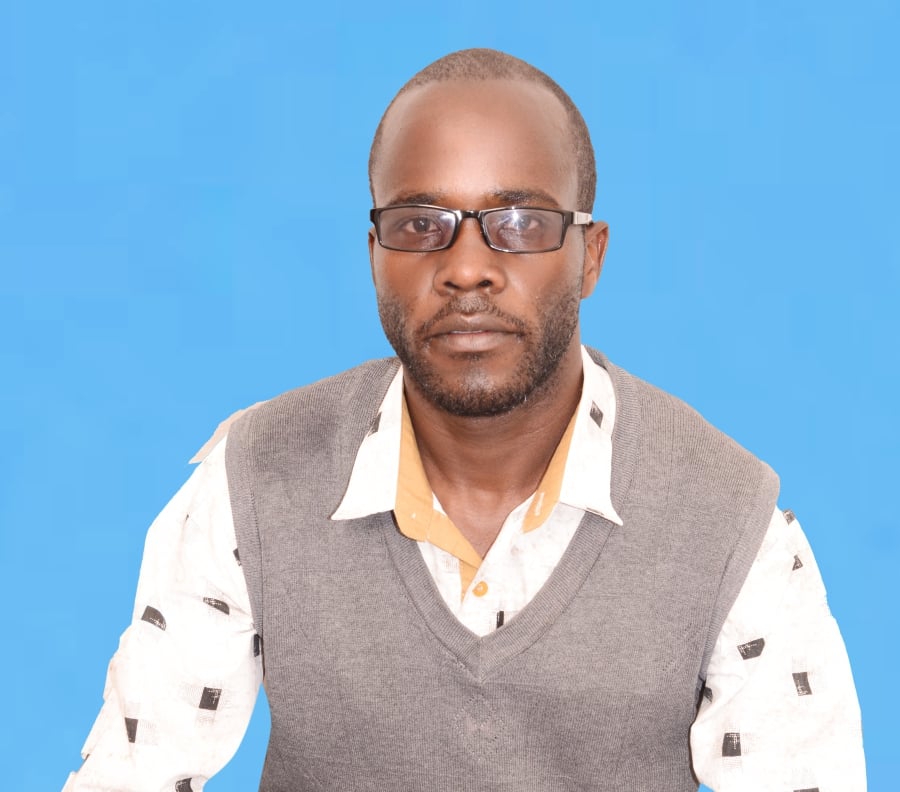African journalists challenged to advocate for water, sanitation

Journalists from 21 African countries, including Uganda currently undergoing a training on water and sanitation in Abidjan, Côte d'Ivoire. PHOTO/ COURTESY
What you need to know:
- The objective of the workshop is to build the capacity of media professionals on water and sanitation issues and generate their interest in AFWA activities, strengthen the knowledge of media professionals on water and sanitation issues, provide practical skills to media professionals through their participation in Congress 2023 activities, improve media professionals' knowledge of EFA activities and results, engage media professionals to support advocacy efforts, etc.
Journalists from Africa have been urged to use their platforms to advocate for better water and sanitation services in their respective countries.
Speaking at the opening of a two-day training on water and sanitation journalists from 21 African countries held in Abidjan, Côte d'Ivoire, Dr Simeone Kenfack, the African Water Association (AFWA) program Director said on Friday that members of the media have the power to influence change and they should use that power to advocate for better sanitation service delivery to provide solutions to sanitation-related challenges in Africa.
"Working with journalists is another step higher. It is a great achievement and we are here. Water is life and sanitation is dignity. You as journalists, you are the fourth power. You are requested to use you fourth power to support achieving universal access to water and sanitation. Be committed to share knowledge and advise on water. Raise the profile of our continent in terms of water and sanitation access. Do advocacy to the ministers, partners and the UN," he said at the event organized by AFWA.
The AFWA attaches particular importance to the development of relations with the media so that the journalists can relay its activities as effectively as possible, are allies in its advocacy, inform the population on issues related to water, sanitation and climate change, adaptation strategies, the development of resilience skills. , better resource management.
The objective of the workshop is to build the capacity of media professionals on water and sanitation issues and generate their interest in AFWA activities, strengthen the knowledge of media professionals on water and sanitation issues, provide practical skills to media professionals through their participation in Congress 2023 activities, improve media professionals' knowledge of EFA activities and results, engage media professionals to support advocacy efforts, etc.
Topics included Global and African situation on sanitation, challenges in providing safe drinking water in Africa, capacity building program on non-revenue water, City-wide Inclusive sanitation, etc.
"We realize we need journalists in conveying information to countries in order to ensure that utilities have what to do. This is important for us to gather journalists here in order to discuss city-wise water and sanitation and harmonize the approaches used by AFWA disseminating information in their own countries," AFWA’s senior sanitation coordinator, Dr Mbaye Mbeguere told journalists.
He stressed a need for the journalists to be well informed and sensitized on the importance of water and sanitation in their daily work.
Dr Mbaye tasked African governments to provide enabling environment to ensure that water and sanitation are given attention and journalists can advocate for governments to set up institutional and legislative framework in order to have an enabling environment that allows implementation of water and sanitation services.
Ms Joan Mbabazi, a reporter from The New Times, Rwanda said the training was an opportunity for her to learn what she did not know, something that will go a long way in enabling her to do work as required as far as sanitation promotion is concerned.
"I believe that this is an opportunity to get the information that we did not know because however much we are journalists, we didn’t know what was happening in different African countries. I believe that going back, we are going to use the information that we have learned on water and sanitation and use our platforms to sensitize people,” he said.
Speaking on the sidelines of the training, Dr Silver Mugisha, the AFWA President and managing director National Water and Sewerage Corporation (NWSC) in Uganda emphasized relevance of political will in behavior change if Africa is to solve sanitation challenges.
According to him, political leaders in urban areas must work with the population for an all-inclusive struggle.
"Politicians represent their people and are likely going to be more effective in educating their people on sanitation improvement arrangements. Thus, there is need for closer collaboration between political and technical work in conceptualization, planning and implementation of sanitation strategies. That is when we can optimize results and outcomes," Dr Mugisha
The two-day training is a precursor to the 21st African Water Association (AFWA) Congress and Exhibition 2023 in Abidjan CôteDivore(Ivory Coast)to be held from 19th - 23rd February.
About AFWA
The African Water Association (AfWA), initially the Union of African Water Suppliers (UAWS) was established in February 1980 out of the desire of some African water utility managers to pool their human, technical, and financial resources and optimize their training of by men and women in the sector to create synergy around the search for solutions to improve access to drinking water for the African people.





